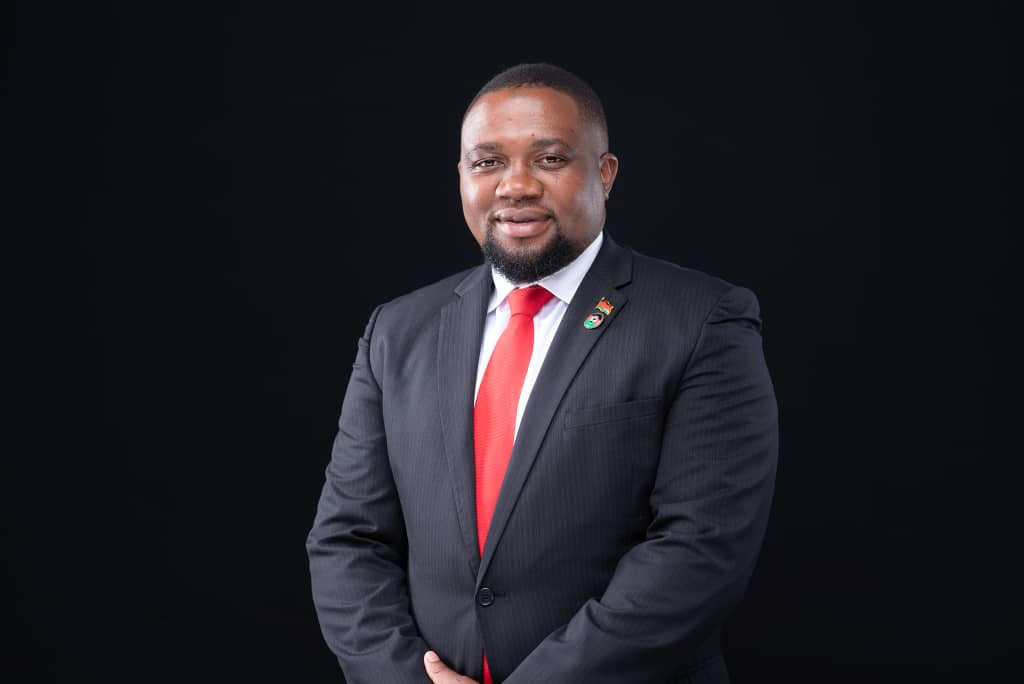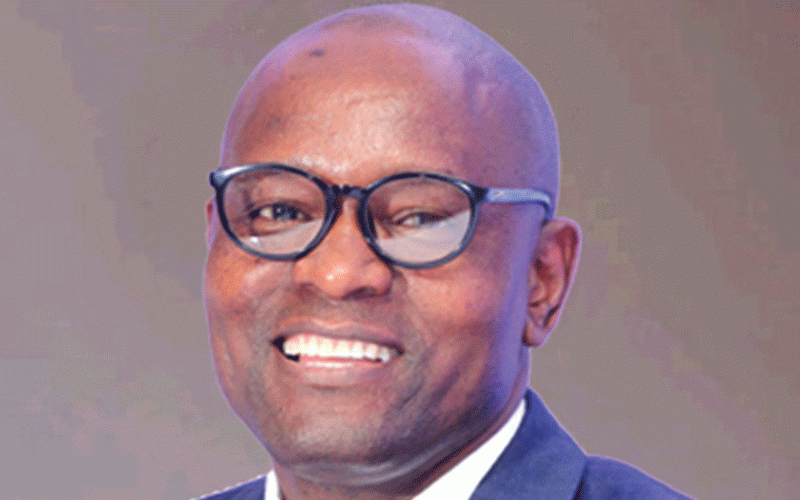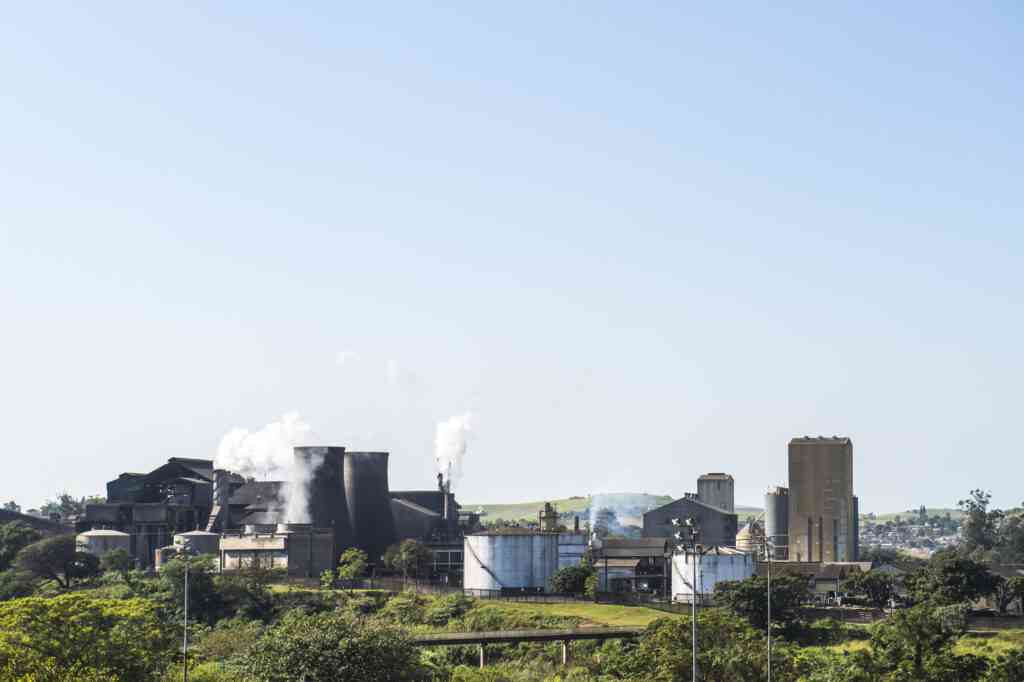JOHANNESBURG - The Regional Parliamentary Model Laws Oversight Committee (RPMLOC) is meeting today, in Johannesburg, South Africa, to enhance its role of monitoring the domestication of Sadc Model Laws and related policies.
The meeting is running under the theme: “Enhancing the Role of the RPMLOC in Monitoring the Domestication of SADC Model Laws and Implementation of Related Policies and Laws through Structured Reporting Frameworks and Mechanisms: A Look at the Domestication of the Sendai Framework for Disaster Risk Reduction.’’
Malawi Member of Parliament Ishmael Ndaila Onani is chairperson of the RPMLOC, while Thoko Gumedze, a staff member of the Parliament of the Kingdom of Eswatini serves as committee secretary. The meeting is in preparation for the 55th Plenary Assembly that will take place from 1 to 7 July 2024 in Angola.
In an interview, Gumedze said the SADC PF secretariat in its roadmap for 2024 recognized that Parliaments are key in ensuring that there is consistent oversight on the implementation of resolutions and recommendations aimed at addressing the impacts of climate change.
The 54th Plenary Assembly of the SADC PF adopted several resolutions and recommendations to enhance disaster risk reduction in the SADC region.
- Triangle retrenches as economy bites
- Caledonia in US$42 million capex drive for 2025
- Mukuru launches mobile wallet in Zim to bolster financial inclusion
- Economy heads for a bloodbath: Biti
- NBS completes Glaudina housing project ahead of schedule
“Consideration of the domestication of the Sendai Framework for Disaster Risk Reduction (2015-2030) by the Regional Parliamentary Model Laws Oversight Committee (RPMLOC) from a parliamentary perspective under this theme is opportune for members of the SADC PF. This is so in the era of occurrences and devastations that are a direct or indirect impact of climate change, and which require SADC Member States to have in place strategies for reducing disaster risks and losses, guided by the Sendai Framework,” Gumedze added.
The framework provides for priorities for action by member States to prevent new and reduce existing disaster risks, namely: understanding disaster risk; strengthening disaster risk governance to manage disaster risk; investing in disaster reduction for resilience and enhancing disaster preparedness for effective response, and to "Build Back Better" in recovery, rehabilitation, and reconstruction.













